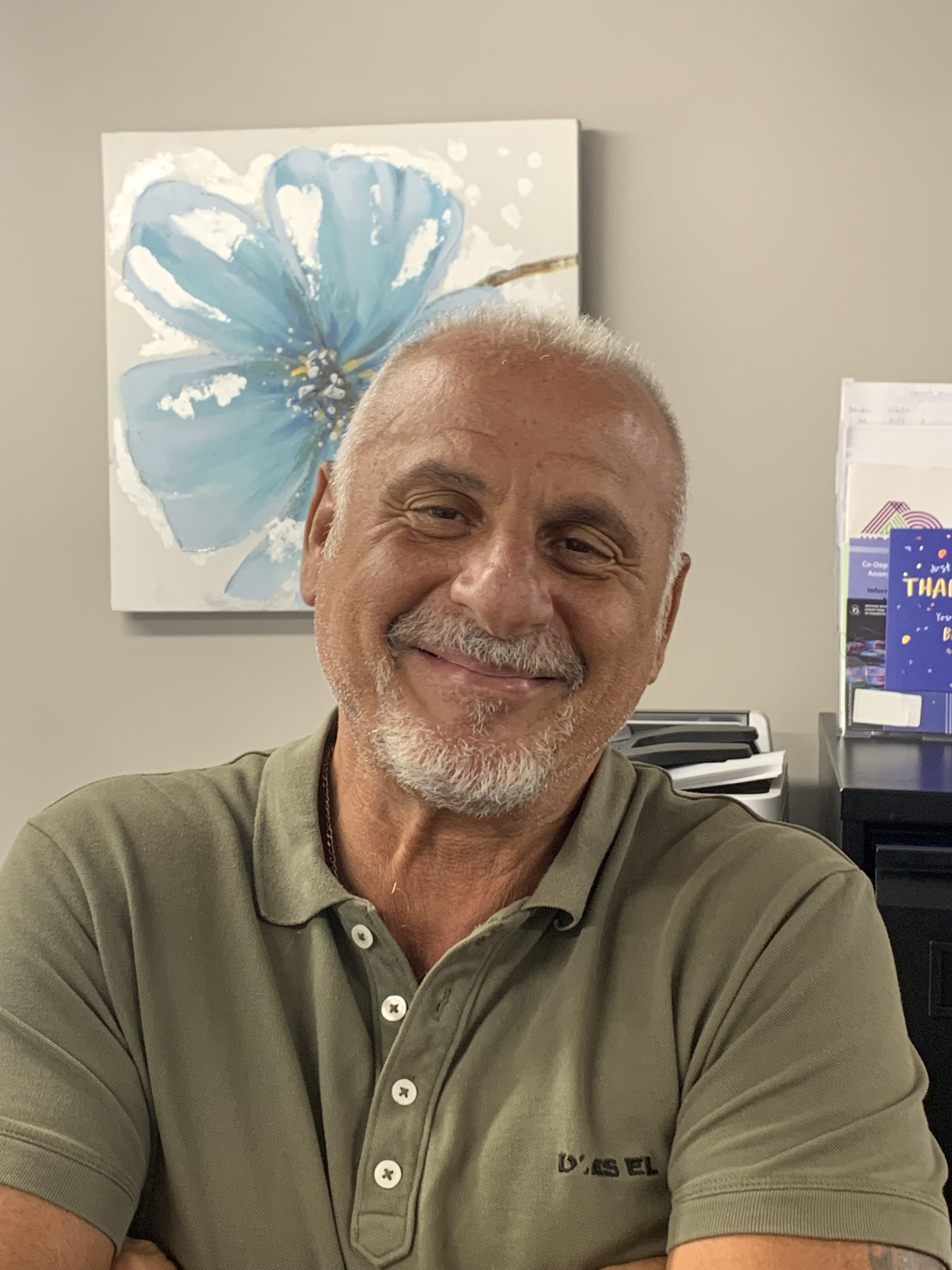Recovery from addiction is an arduous journey, but the process can become even more formidable when intertwined with the complex emotions of grief and loss. Discover the powerful approach offered by PCP – The Perry Clayman Project to support individuals dealing with grief and loss during addiction recovery and how PCP equips individuals with essential coping strategies, tools for emotional regulation, and ways to build resilience in the face of grief triggers.
Key Takeaways
- Grief is complex and multifaceted, especially during addiction recovery.
- PCP offers personalized therapy, peer support, and educational resources to manage grief.
- Therapeutic approaches include one-on-one sessions, group therapy, and art therapy.
- PCP emphasizes mindfulness, meditation, journaling, and identifying grief triggers.
- Healthy coping mechanisms and support networks are crucial for managing grief.
Understanding the Complexity of Grief and Loss in Recovery
Grief is a profoundly personal and multifaceted emotion that can stem from various sources, including the loss of a loved one, the dissolution of relationships, or even the loss of one’s former self due to addiction. When individuals in recovery grapple with these emotions, it can be overwhelming, potentially jeopardising their progress and sobriety.
PCP's Compassionate Approach to Grief and Loss
The Perry Clayman Project takes an understanding approach to helping individuals in recovery cope. Our unique programme provides personalised therapy sessions, peer support, educational materials, and resources to help individuals better understand the complexities of grief in recovery. PCP also equips individuals with essential coping strategies to manage their emotions during difficult times.
Therapeutic Support
PCP recognises that addressing grief and loss requires a tailored and empathetic methodology. Trained therapists can provide one-on-one support, helping individuals navigate their tumultuous emotions and facilitate healing. This individualised attention fosters a safe space for expression and the gradual mending of emotional wounds.
Group Therapy
Feelings of isolation and alienation often compound grief. PCP actively combats this by encouraging group therapy sessions, offering a sense of community and shared understanding. In these sessions, individuals can openly discuss their grief, share coping strategies, and gain peer support during recovery. The camaraderie found in these groups is often a source of immense comfort.
Education
To break free from the cycle of addiction and grief, individuals must first understand the connection between the two. PCP takes the initiative to educate individuals about how substance abuse can be a way to cope with loss, helping them recognise the need for healthier alternatives and healthier coping mechanisms.
Coping Strategies and Tools for Emotional Regulation
PCP equips individuals with essential tools for emotional regulation and coping strategies. Through relaxation techniques, journaling, art therapy, and more activities that help relieve stress and express emotions constructively, PCP helps those in recovery build resilience against potential grief triggers.
Mindfulness and Meditation
Staying grounded in the present moment, especially when grief is a constant companion, is extremely important. To this end, mindfulness and meditation practices are thoughtfully integrated into the programmes offered. These techniques not only reduce anxiety and depression associated with grief but also foster emotional regulation and resilience, equipping individuals with a vital set of skills to navigate their journey.
Art Therapy
Expressing grief through art can be incredibly therapeutic. PCP recognises this and incorporates art therapy sessions where individuals can use creativity to process their emotions and express their sorrow nonverbally. The act of creation itself becomes a profound source of healing.
Journaling
Keeping a journal is a powerful tool for introspection and healing. Journaling can help individuals gain clarity about their emotions, track progress, and identify patterns. It’s a private space where individuals can release their thoughts and feelings, fostering a deeper understanding of their grief.
Identifying Grief and Loss Triggers
PCP helps individuals identify specific triggers related to their grief and loss. This heightened awareness is essential in developing effective strategies to manage these triggers and prevent setbacks.
Healthy Coping Mechanisms
Instead of turning to substances to numb the pain of grief, counsellors work to teach individuals healthier coping mechanisms. These include regular exercise, deep breathing exercises, engaging in hobbies, and other constructive activities that contribute to their overall well-being.
Embracing Support Networks
PCP places great emphasis on building and maintaining a support network. Whether it consists of family, friends, sponsors, or fellow group therapy members, these connections provide a safety net during intense grief. They remind individuals that they don’t have to face their challenges alone.
Coping With Grief and Loss
Grief and loss are intricate emotions that can significantly complicate the already challenging journey of addiction recovery. However, PCP – The Perry Clayman Project stands out for its compassionate approach to helping individuals navigate these complex emotional landscapes. Through therapeutic support, coping strategies, and resilience-building activities, PCP equips individuals with the essential tools they need to heal from their grief and continue on their path to recovery.
Understanding the non-linear nature of recovery and the fluctuating nature of grief is essential. Nevertheless, with the right support system and a compassionate approach like the one offered by PCP, individuals can learn to face their grief without turning to substances. Embarking on this journey requires strength, resilience and a steadfast belief in the power of healing. At PCP, we are here to accompany you every step of the way, offering guidance and unwavering support as you navigate the path to recovery and emotional well-being.
If you or someone you know is on the path to addiction recovery, remember that healing from grief and loss is an integral part of the process. PCP – The Perry Clayman Project offers a compassionate and effective approach to help individuals navigate these complex emotions and equip them with vital coping strategies, emotional regulation tools, and resilience-building techniques. Don’t let grief stand in the way of recovery. Reach out to PCP today to discover how our supportive community and tailored programmes can help you or your loved one heal and move forward. Embrace the possibility of a brighter, substance-free future. Take the first step towards lasting recovery by contacting PCP at 08000 380 480. Your journey to healing starts here.
Common Questions
What makes grief in recovery complicated?
Grief during recovery is complicated due to the emotional turmoil and the risk it poses to sobriety.
How does PCP assist in coping with grief during recovery?
PCP provides personalized therapy, group sessions, and educational resources to understand and manage grief.
What therapeutic methods does PCP use for grief management?
Techniques include mindfulness, meditation, art therapy, and journaling, among others.
Why are support networks important in coping with grief in recovery?
Support networks provide emotional safety and remind individuals that they are not alone in their journey.
Authors
-
Andy's journey in psychology and substance recovery is marked by significant educational and professional achievements. He studied Person Centered Counseling, gained insights from psychological literature, and completed an online course on the mind. His hands-on experience includes volunteering at a Drug and Alcohol Clinic and earning a diploma in child adverse experiences. Andy holds a first-class honors degree in Psychology with Substance Use and Misuse. Professionally, he has contributed as a Lived Experience Coordinator and counselor, offering hope and empowerment to those in recovery. Qualifications and Experience: Introductory Course in Person Centered Counseling Extensive study of psychological literature (including Carl Rogers and Freud) Online course completion on the Mind from UCT OCN peer mentoring course Level 3 diploma in child adverse experiences First-class honors degree in Psychology with Substance Use and Misuse Experienced Lived Experience Coordinator for Probation Dependency and Recovery service
-
Dr Otulana is PCP’s longest-serving doctor. He is an experienced Physician with Specialist Interest in Substance Misuse Management and he has a wide range of experience in the assessment and management (including detoxification) of clients with various drug and substance addiction problems. Dr Otulana started practising as a doctor in 2000 and with over 10 years as an Addiction Physician. He is an Advanced Addiction Practitioner Member of Addiction Professionals and also holds the Certificate in Clinical Psychopharmacology (Part 1) of the British Association for Psychopharmacology. He is additionally a strong healthcare services professional with a Master of Business Administration (M.B.A.) degree from Cambridge University Judge Business School.









